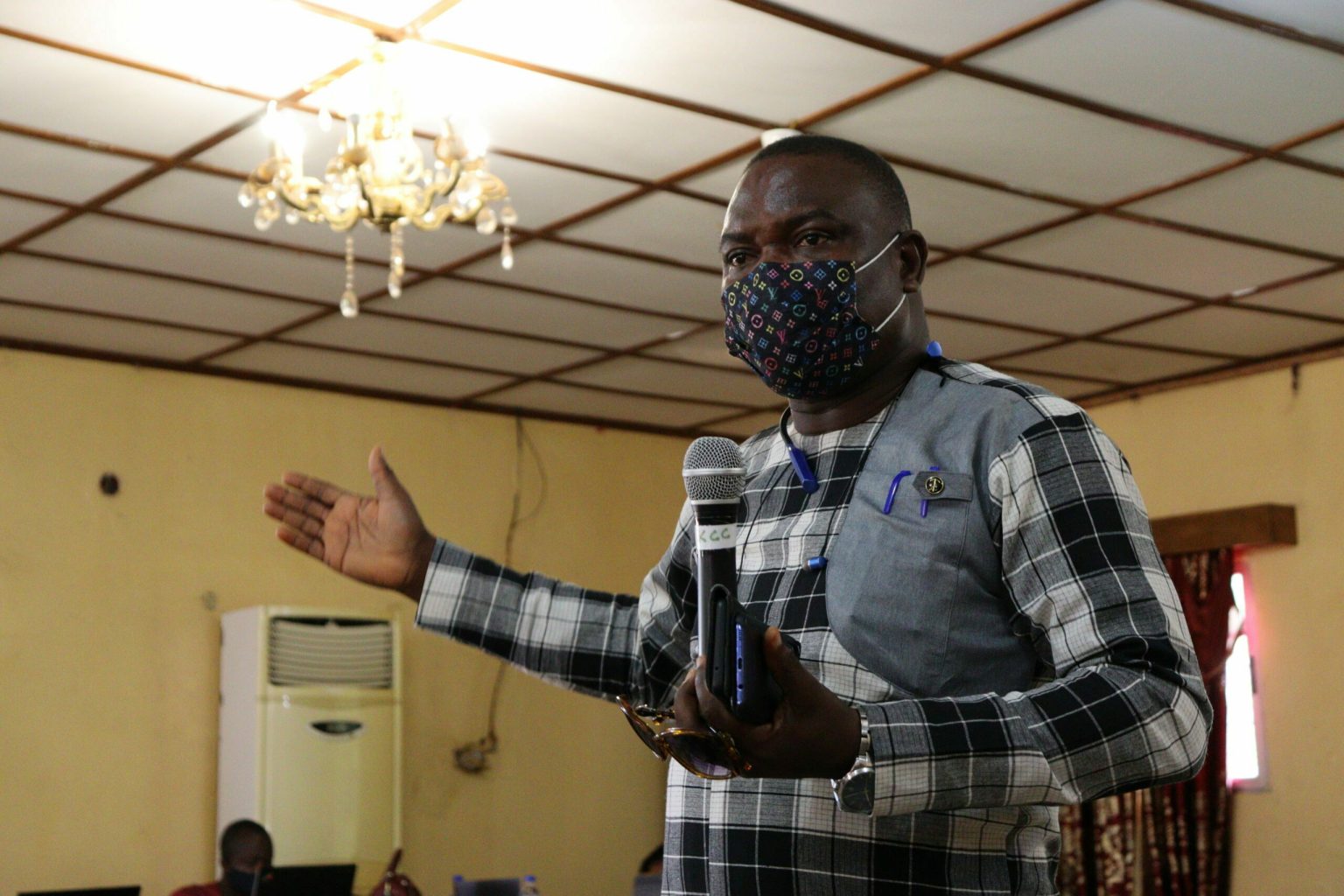In November 2024, the political landscape in Liberia is marked by turmoil as lawmakers from the opposition Congress for Democratic Change (CDC) publicly denounce Deputy House Speaker Thomas Fallah and several fellow CDC members for aligning with a faction of rebel lawmakers intent on removing House Speaker Fonati Koffa. The CDC’s National Executive Committee expressed strong disapproval in a statement released on October 31, 2024, asserting that Fallah’s actions contradict the party’s directives and have disregarded the wishes of the former president, George Manneh Weah. This internal strife within the party raises questions about loyalty and unity among lawmakers, amidst allegations that these rebellious undertakings are being orchestrated under the influence of President Joseph Nyuma Boakai’s government.
The tensions appear to be fueled by Speaker Koffa’s recent push for greater transparency in the House of Representatives, notably his directive to initiate an audit, a move long resisted by the Legislature. This audit seeks to challenge the longstanding culture of impunity that has historically prevented scrutiny of legislative actions and finances. The CDC’s allegations highlight not only a political rift within the party but also point towards an overarching concern regarding the health of democracy in Liberia. The party has accused Boakai’s administration of attempting to manipulate this dissent to destabilize the CDC, suggesting that the current government is leveraging political pressure to diminish opposition strength.
Significantly, the CDC’s statement outlines a broader apprehension regarding the potential erosion of Liberia’s democratic institutions. The party contends that the actions of the rebel lawmakers reflect a perilous trend where an overreaching executive branch encroaches upon the essential functions of legislative governance, thereby undermining the checks and balances integral to a functioning democracy. This situation is heightened by claims that Boakai’s administration lacks respect for the rule of law, as evidenced by violations such as non-compliance with Supreme Court rulings and additional human rights abuses. Through this narrative, the CDC aims to frame itself as a guardian of democratic ideals amidst what it perceives as a declining adherence to constitutional norms by the government.
Moreover, the CDC has underscored the limitations political parties face concerning members they elect to the Legislature. Given the current structure of Liberian politics, suspensions or expulsions from a political party do not automatically translate to removal from elected office, thus complicating mechanisms for internal governance. The party has called for a national dialogue to explore ways to strengthen the authority of political parties over their elected representatives, recognizing that the lack of control could be detrimental to party cohesion and strategic direction. This acknowledgment reflects an understanding of the challenges faced by political organizations in maintaining discipline among their ranks.
In light of these developments, the CDC has pledged to evaluate its positioning and potential responses to this crisis, assuring its members to remain composed as the leadership actively consults with stakeholders to plot a course forward. The party’s communication strategy aims to reassure partisans about the resilience and strength of the CDC, implying a fight back against perceived injustices they face from the current administration. This assertion of resolve serves not only to bolster party morale but to prepare the ground for collective action in the political arena.
The unfolding drama within the CDC, intertwined with the larger political dynamics between the party and the Boakai administration, phrases a critical moment for Liberian democracy. It challenges lawmakers, political entities, and civil society to engage in meaningful conversations about governance, accountability, and the fundamental rights of all Liberians within this democracy. As the situation evolves, the prospect of societal engagement on these issues could have far-reaching consequences for both governance and the political landscape of Liberia in the years to come.


